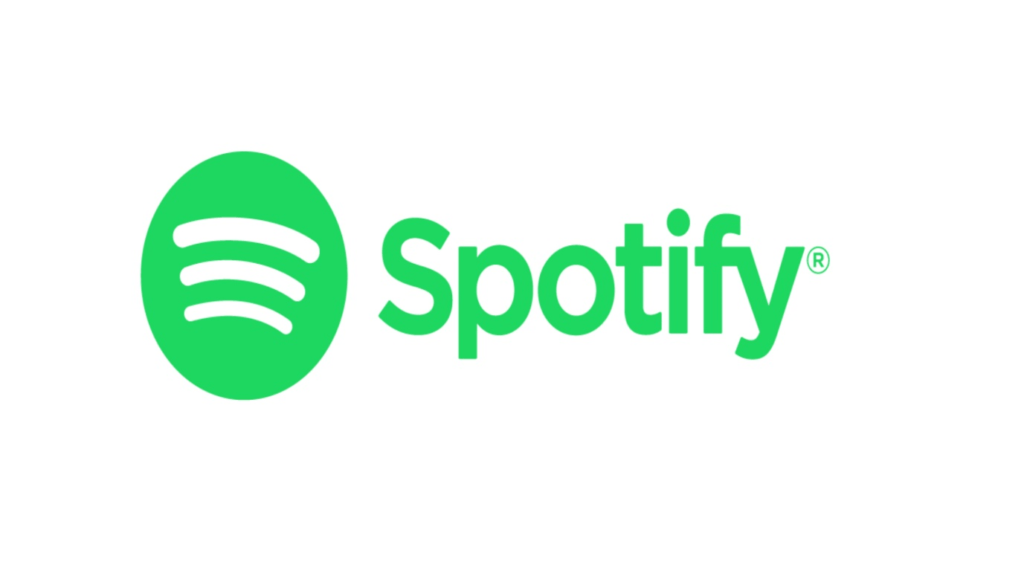
Canada Appeals for International Firefighting Aid
June 09, 2025: Canada has issued an international appeal for firefighting support as wildfires intensify across multiple provinces

October 22, 2021: -On Thursday, Spotify announced it is opening up its video podcasting feature to more creators.
It may help the company attract more paying subscribers and boost engagement. The move shows Spotify continues to embrace video on top of its audio offering.
Spotify is pitching its video podcasts feature as a way for creators to increase their revenue, audience, and engagement. Podcasters can choose to use Spotify’s subscription feature to charge users access to video podcasts.
The company began testing video podcasts last summer with a handful of talent. The new tool will be available through Anchor, the podcast platform Spotify acquired in early 2019, where creators can apply to publish their videos.
Spotify has strengthened its advertising business and attracted new Premium subscribers by bringing popular podcasts to the app.
It kicked off its podcast push nearly three years ago, acquiring Gimlet Media, Anchor, and Parcast, and has made significant investments to get exclusive rights to stream shows from Joe Rogan, Michelle Obama, and Prince Harry and Meghan, the Duke and Duchess of Sussex.
Podcast monetization has been tricky for some streaming companies since it’s difficult to measure the return on investment in podcast advertising. Spotify, though, has been putting more weight behind the effort, investing heavily into its technology with its “Streaming Ad Insertion” tool and $235 million acquisition of ad tech company Megaphone.
We provide the insights on leaders who are responsible for taking their organization to new heights, all the while bringing together a group of talented individuals.

June 09, 2025: Canada has issued an international appeal for firefighting support as wildfires intensify across multiple provinces

May 27, 2025: Air Canada Cuts Five U.S. Routes for Winter 2025–26, Part of Broader Cross-Border Retrenchment

May 26, 2025: Trump Freezes $2.2B in Federal Grants to Harvard Over DEI, Threatens Tax-Exempt Status.

May 14, 2025: Microsoft has announced plans to reduce its global workforce by approximately 3%, affecting roughly 10,000 employees across multiple departments.

May 13, 2025: The Trump administration is considering suspending the constitutional right of habeas corpus in a bid to accelerate mass deportations.

April 29, 2025: Donald Trump’s second term has reached the 100-day mark under sustained public skepticism, with national approval ratings